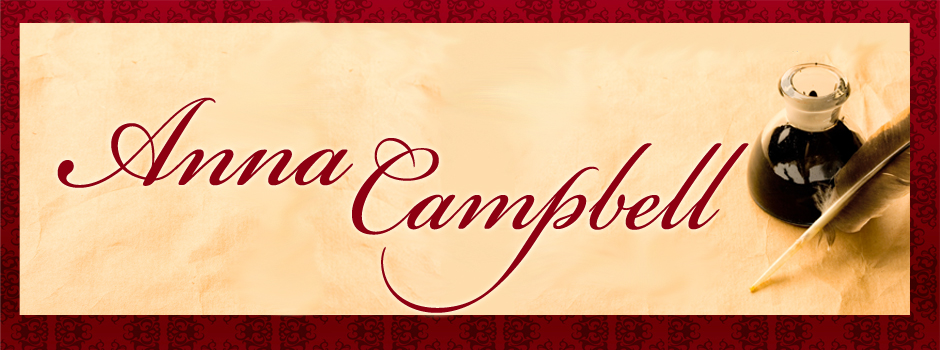Favorite Research Books (part 1)
Most writers are research nuts.
Actually, if you asked my friends or relatives, they’d just say most writers are NUTS. But that’s another subject. This month, I want to talk about some of my favorite research books.
I LOVE research. It’s one of the fun bits about writing, especially historicals where you discover the most amazing and interesting facts and often you’ll read something that leads you in a totally unexpected direction or even gives you an idea that sparks a new story.
It’s exciting! Really!
All authors approach research differently. This is my usual process. I have a fairly good general knowledge of the Regency period although in no way would I call myself a specialist. Luckily, I have friends whose knowledge of the period’s minutiae is such that I can call on them for anything I’m having trouble with. When I come up with a story idea, I usually have a fair inkling of whether it will work in the historical context. I read a lot of historical books for enjoyment too because, as I said, I never know what will spark an idea.
So having come up with the premise, I let it stew until it’s come together in my head to a point where I’m ready to start writing. This is usually when I start specific research. If I do too much research ahead of time, it can break my focus on that particular story. Research is an endless ocean and unless you’re disciplined, you could research until you die and never actually write the story.
 Then it’s strange. Each of my stories seems to need just ONE research book that gives me the detail and flavor I need. Although I’ll read widely across specific subjects, there’s one book I keep going back to over and over. With Claiming The Courtesan, that book was Katie Hickman’s Courtesans. I picked this up at Ottokar’s Bookshop in Oban on the West Coast of Scotland after I’d written the first draft of CTC. So the information didn’t actually feed into the story, but it confirmed much of what I’d intuited about Verity’s life as a courtesan in the 1820s.
Then it’s strange. Each of my stories seems to need just ONE research book that gives me the detail and flavor I need. Although I’ll read widely across specific subjects, there’s one book I keep going back to over and over. With Claiming The Courtesan, that book was Katie Hickman’s Courtesans. I picked this up at Ottokar’s Bookshop in Oban on the West Coast of Scotland after I’d written the first draft of CTC. So the information didn’t actually feed into the story, but it confirmed much of what I’d intuited about Verity’s life as a courtesan in the 1820s.
Courtesans contains a series of short biographies of famous courtesans. I read numerous books about working girls but this was the one that gave me a sense of them as individuals with hearts and hopes and faults. In short, it revealed their humanity. And one of the courtesans, Elizabeth Armistead, was my Verity come to life. It astonished me how the lives and natures of the two women, real and fictional, corresponded. Elizabeth even ended up falling in love with her protector Charles James Fox and marrying him very happily. It was confirmation that I was onto something ‘true’ with my story.
While Courtesans didn’t give me any specific information that appeared in CTC, it did spark the idea for what became my third book Tempt The Devil (which Avon will release in January 2009). One of the courtesans Katie Hickman wrote about was the famous Skittles, Catherine Walters, who was acknowledged as the most stylish woman of her time. Her courage and sheer chutzpah in rising from a seemingly hopeless life as a child prostitute to becoming the confidante of the greatest men of her time, including kings and princes, was inspiring. Her vibrant spirit invested the heroine of TTD, Olivia Raines, London’s most notorious courtesan. One small fact brought Olivia into focus for me – Skittles was a superb horsewoman with a spectacular figure. In order to advertise her wares, she’d have herself sewn into her riding habit for her canters in Hyde Park. I must admit I stole that detail for Olivia – it just seemed to say so much about the world these women lived in and their innate sense of style.
 With Untouched, the book that helped me most to gain a picture of Matthew’s trials was Madmen by Roy Porter. Although I’m really sad I didn’t get the English edition of this book with the much more evocative title of ‘Mind-Forg’d Manacles’. It’s a history of mental illness and its treatment in the 19th century and it provided some really scary details. The cruelty and ignorance of many of the treatments would make your hair curl. Because people knew nothing of the mind and its afflictions, quackery abounded. The ‘cures’ Matthew’s doctors inflict upon him are based upon actual examples I found in this book.
With Untouched, the book that helped me most to gain a picture of Matthew’s trials was Madmen by Roy Porter. Although I’m really sad I didn’t get the English edition of this book with the much more evocative title of ‘Mind-Forg’d Manacles’. It’s a history of mental illness and its treatment in the 19th century and it provided some really scary details. The cruelty and ignorance of many of the treatments would make your hair curl. Because people knew nothing of the mind and its afflictions, quackery abounded. The ‘cures’ Matthew’s doctors inflict upon him are based upon actual examples I found in this book.
I hope you’ve enjoyed this visit to my bookcase. Next month, I’ll be talking about the books I’m using for the work in progress.
